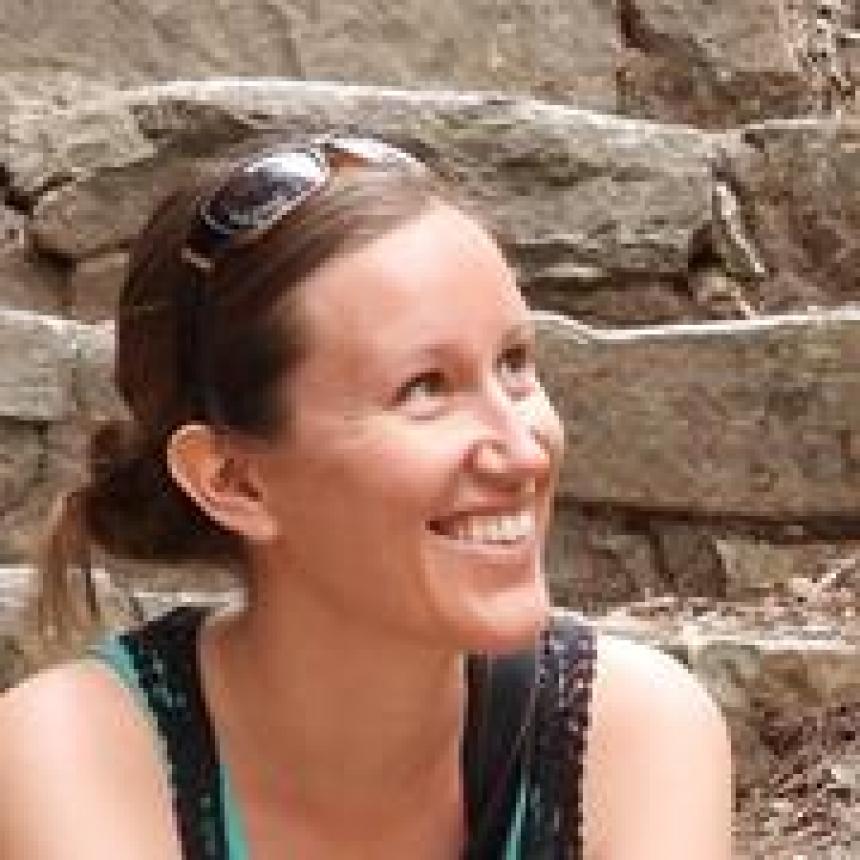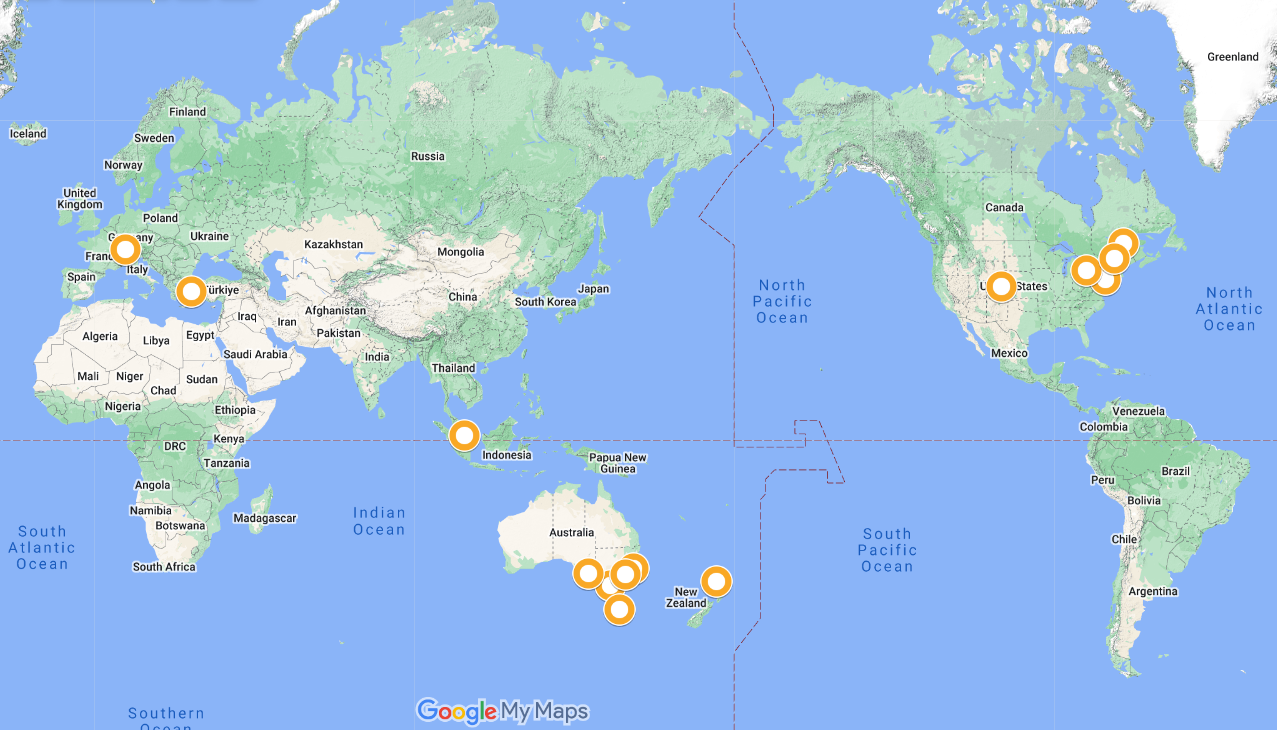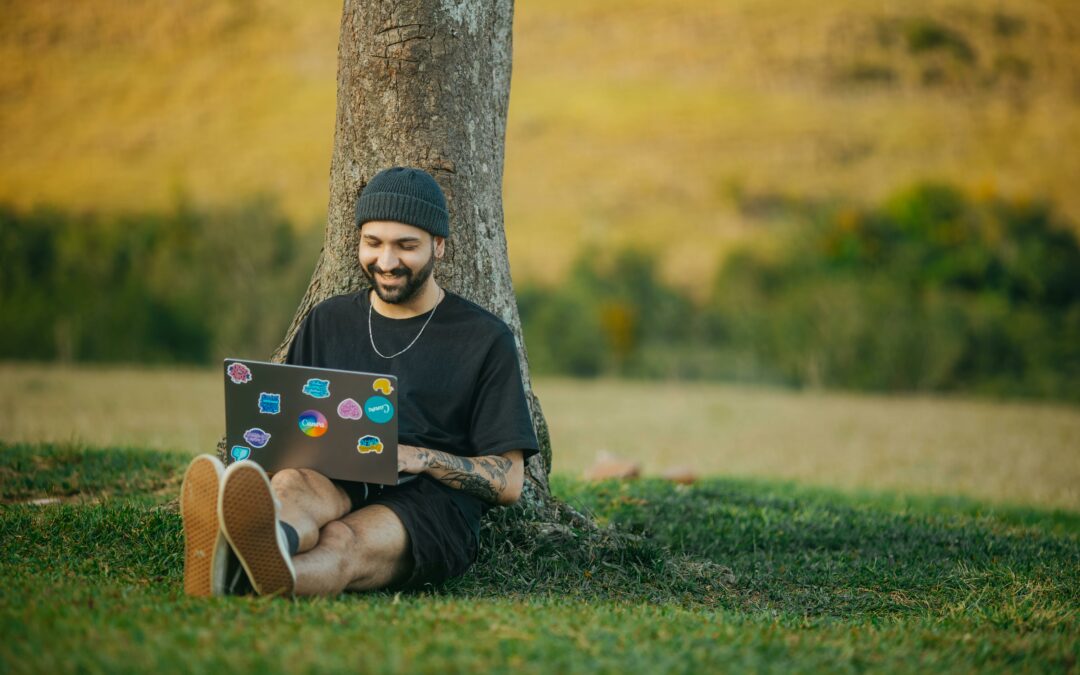I’m really excited to introduce the International Environmental Allied Health Journal Club! The purpose of the group is to support people interested in environmental health in staying up-to-date with developments in the evidence base, and to have interesting discussions with like-minded people.
In 2023, I started the Environmental Allied Health Journal Club at The University of Adelaide, Australia. We had 11 members of the group, from undergraduate students through to professors.
Each week a volunteer from the group will run the session. Often meetings will be in the form of a journal club, however we also welcome presentations of proposals and findings, and discussions regarding practice and education.
If you haven’t come across journal clubs before, they’re a lot like book clubs. Essentially it is a discussion focusing on a paper that everyone reads before the meeting. The presenter will summarise the key aspects of the study, and will lead a discussion about the studies strengths and limitations, and the implications for research, education and/ or practice.

Jessica Stanhope (PhD)
Chief Medical Scientist, Rheumatology Unit, The Queen Elizabeth Hospital, SA Health & Lecturer in Physiotherapy,The University of Adelaide
Jess leads the Environmental Allied Health Group at The University of Adelaide., and is on the Executive Committee of the Environmental Physiotherapy Association.

Photo by Ketut Subiyanto
The papers we’ve discussed so far
To date we’ve had a wide range of papers presented, including:
- The effects of forest therapy on coping with chronic widespread pain: physiological and psychological differences between participants in a forest therapy program and a control group
- Can natural environments enhance acute effects of rehabilitation exercise for older adults? A pilot randomized controlled trial
- Association between urban green space and self-reported lifestyle-related disorders in Oslo, Norway
- The effect of greenness on ESKAPE pathogen reduction and its heterogeneity across global climate zones and urbanization gradient
- Current methods for evaluating people’s exposure to green space: a scoping review
- Effects of nature-based multisensory stimulation on pain mechanisms in women with fibromyalgia syndrome: a randomized double-blind placebo-controlled trial
- Accessibility and usability of parks and playgrounds
- Post-viral pain, fatigue, and sleep disturbance syndromes: current knowledge and future directions
- Cardiac and pulmonary benefits of forest walking versus city walking in elderly women: a randomised, controlled, open-label trial
- Commercial milk formula marketing following increased restrictions in Singapore: A qualitative study
- Nature-based interventions for physical health conditions: A systematic review and meta-analysis
Our presenters have included Nicole Struthers, Lester Jones, Amanda Maddern, Trish Serocki, Kael Thomas, Philip Weinstein and myself.
The papers aren’t always directly relevant to allied health, but we always make links back to environmental allied health.

Photo by Anete Lusina
Based on the positive feedback from the group and our recent research findings that indicated to facilitate nature-based approaches to allied health, there needed to be more networking opportunities and greater awareness of the research findings, I have decided to open up the group to anyone internationally. To encourage interprofessional discussions, I have also invited people outside of allied health to join the group.
We currently have >30 members from 7 countries, including clinicians, academics and/ or students from physiotherapy, occupational therapy, speech pathology, social work, nursing, paramedicine, medicine, public health, veterinary medicine, neuroscience, and ecology.

Map indicating the locations of current members (created by Jessica Stanhope using Google My Maps)
Join us
If you are interested in joining the International Environmental Allied Health Journal Club, or would like more information, please send me an email (Jessica.stanhope@adelaide.edu.au). Please also feel free to let others know.
All meetings are online, and I am trying to accommodate different times zones.
At this stage, all meetings are in English, however I am keen to hear how we could be more inclusive, so please let me know if you are keen to be involved in another language, and we can explore ideas.
Header image: Photo by Matheus Bertelli


Hi Jessica,
Thank you for the open invite for the journal club. I would like to attend or at least try to participate , reading the papers, sending some comments if I can not attend presentation/meeting.
I am a native Portuguese speaker, working in Australia if there is a need to accommodate other languages or different clubs.